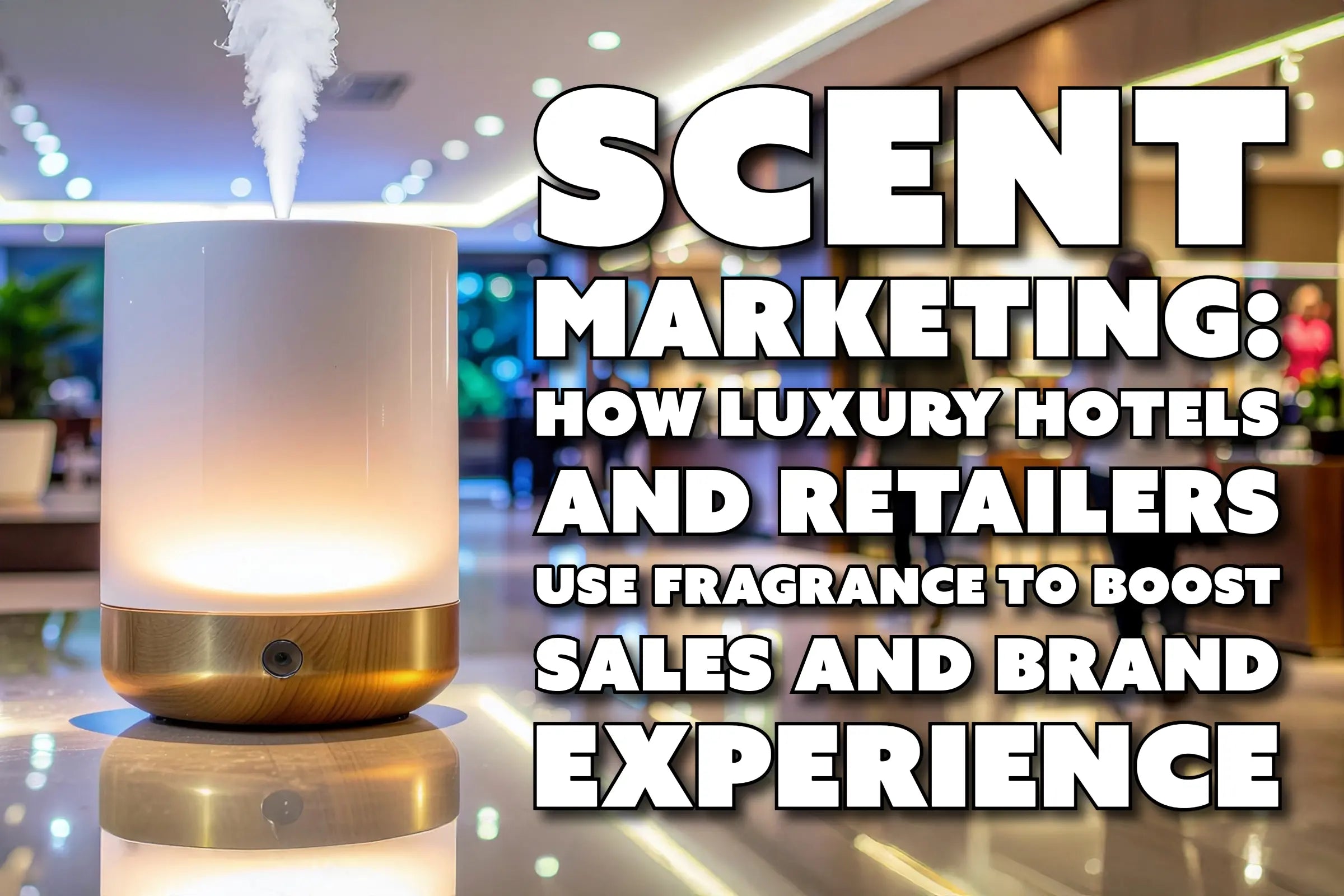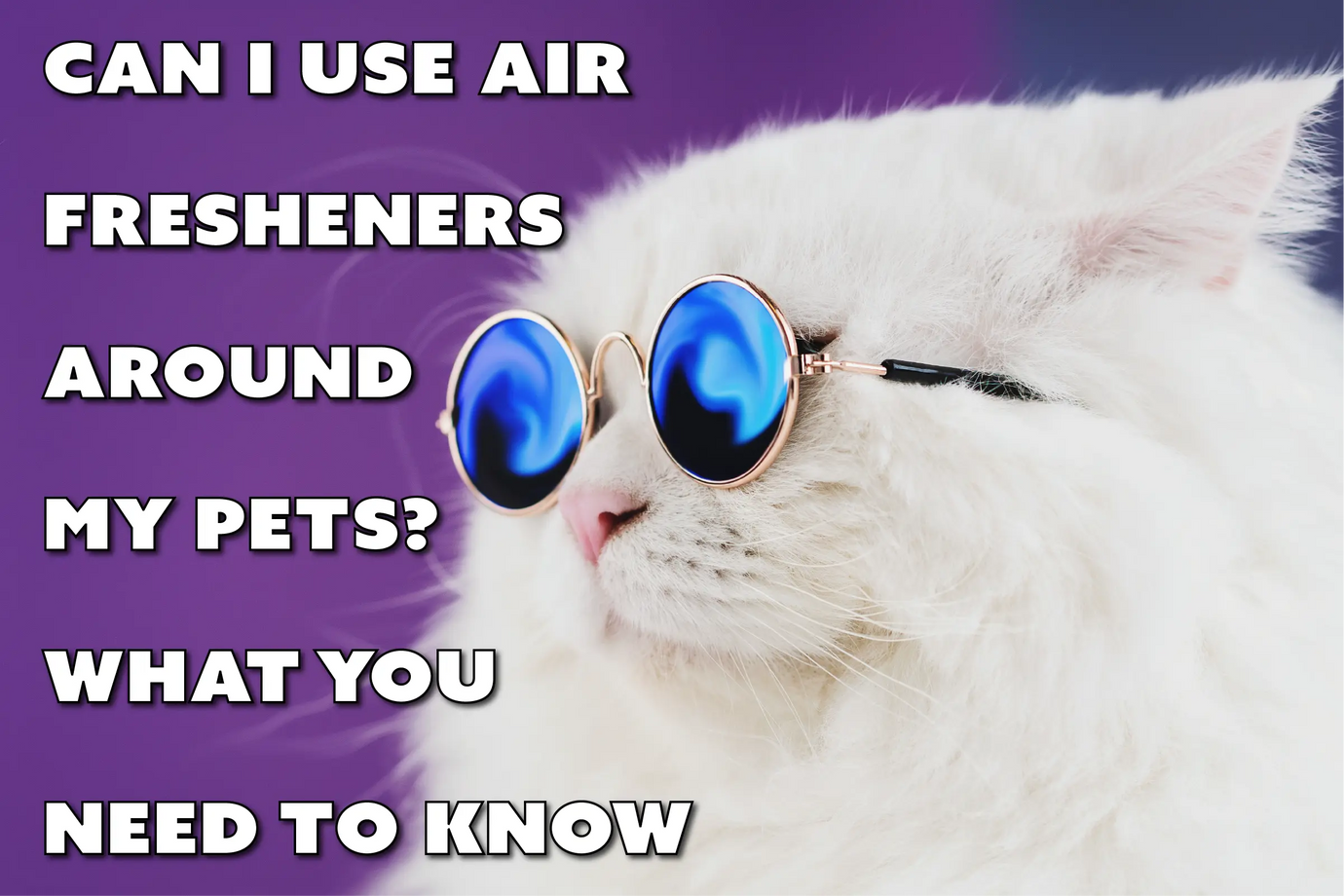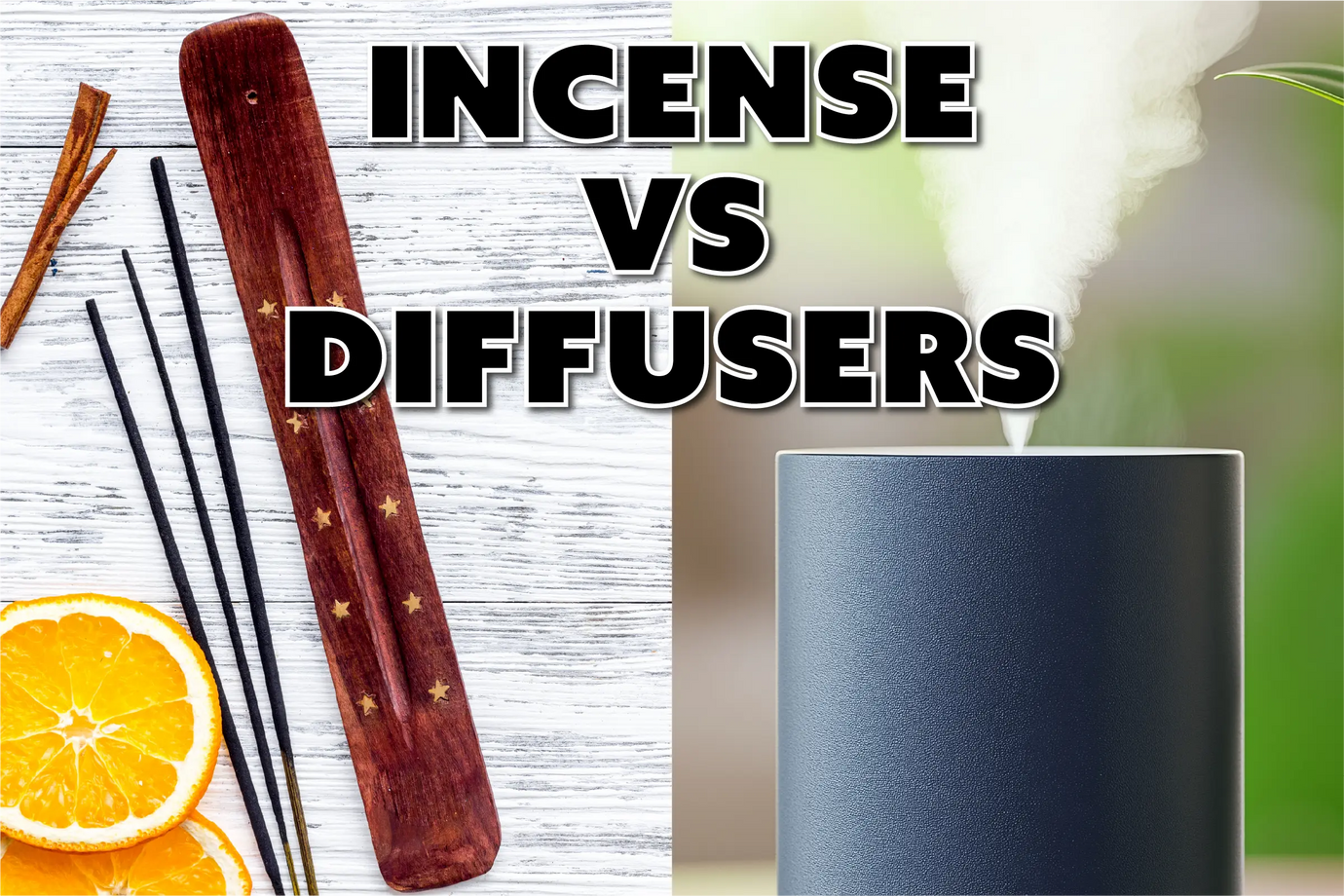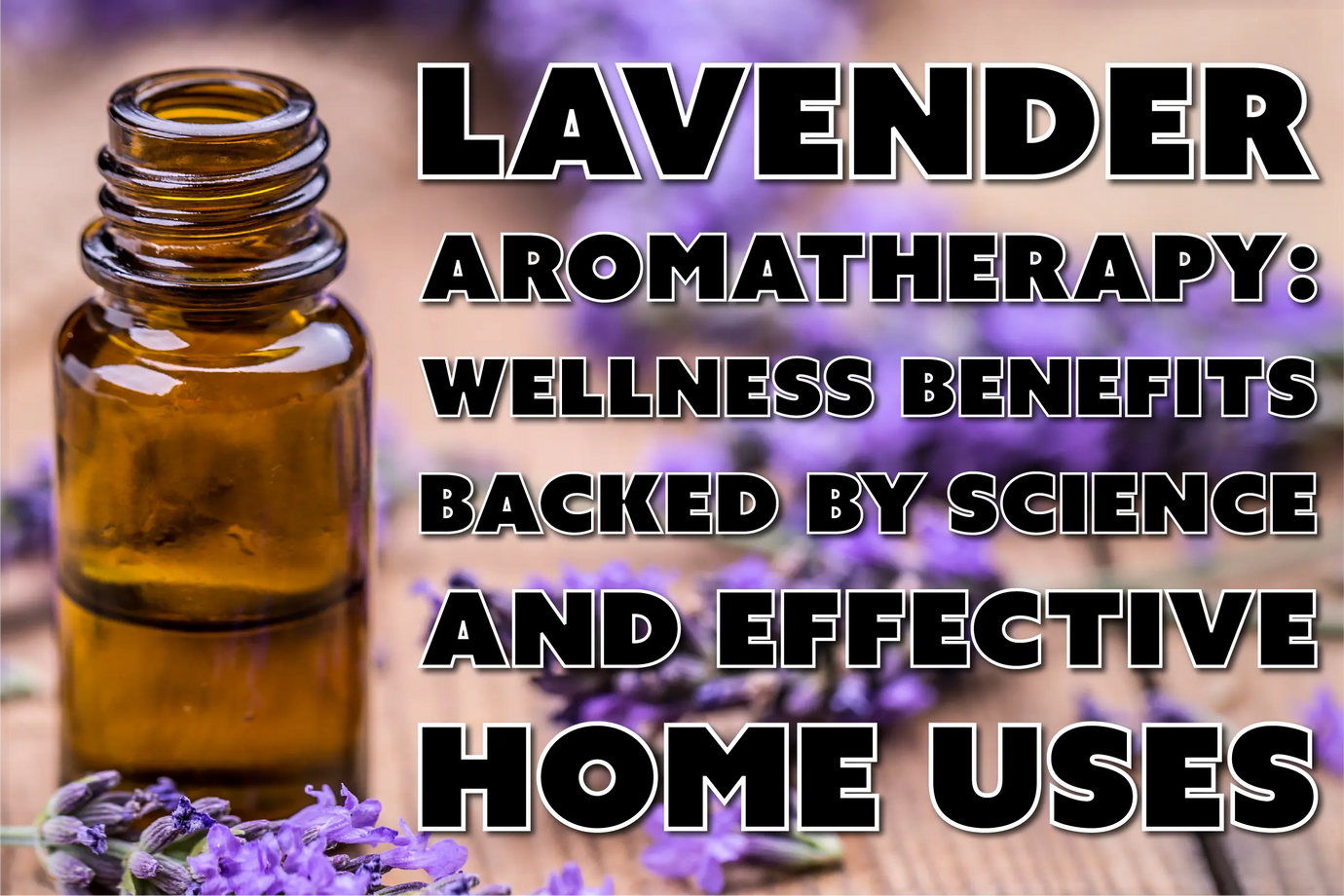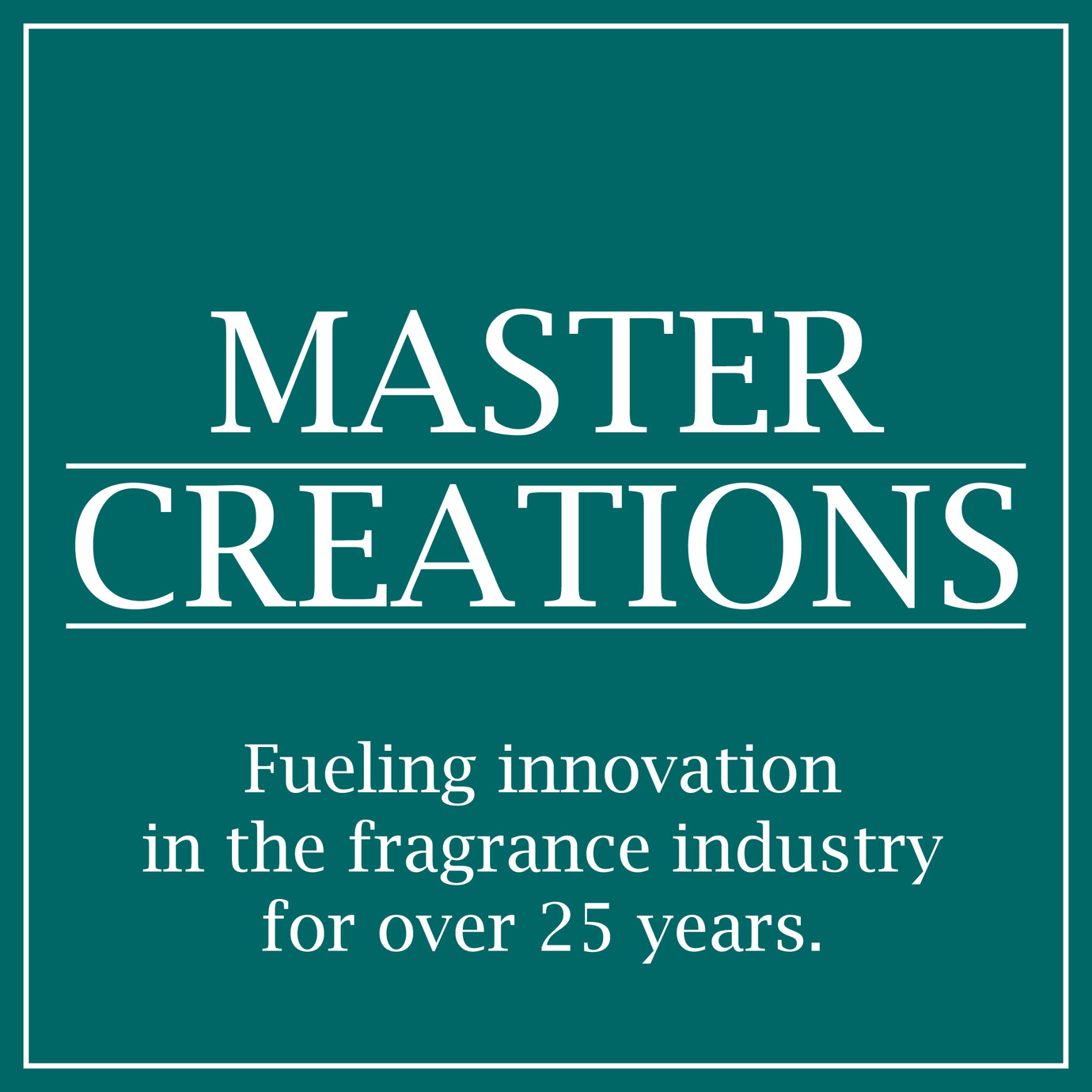Scent Marketing: How Luxury Hotels and Retailers Use Fragrance to Boost Sales and Brand Experience
Introduction: Why Your Store Should Smell Like Success
Ever walk into a store, breathe in, and suddenly feel more relaxed, engaged, or ready to spend? That’s no accident. It’s scent marketing: a powerful (and often subconscious) way to connect with customers, shape their experience, and leave a lasting impression.
In today’s competitive retail environment, it’s not just about what customers see or hear; it’s about how you make them feel. Scent taps directly into the emotional part of the brain, influencing mood, perception, and behavior faster than any other sense. Whether you run a boutique, a home goods store, or a chain of electronics shops, scent could be the secret weapon you're missing.
In this guide, we’ll explore how the pros use fragrance to their advantage and how you can apply the same principles to your own business using tools like diffusers and long-lasting scent sprays.
🌟 The Hotel Industry: Masters of Mood with Signature Scents
Luxury hotels have been leaders in scent marketing for decades. Brands like The Ritz-Carlton, W Hotels, and Edition create custom scent profiles that greet guests the moment they walk through the door, instantly setting a tone of comfort, cleanliness, and elegance.
These signature scents do more than just smell nice. They can:
- Reinforce brand identity (e.g., modern, cozy, upscale).
- Trigger emotional responses tied to relaxation or indulgence.
- Build brand loyalty. Some guests even purchase the hotel’s scent to bring it home!
For example, The Westin’s “White Tea” fragrance is fresh, crisp, and slightly floral, designed to evoke a clean, revitalizing experience. It’s so popular, they now sell candles and diffuser oils featuring that exact aroma.
💡 Retail Takeaway: If high-end hotels use scent to increase guest satisfaction, why shouldn't you do the same to boost your customer experience?
🛍️ How Retailers Are Using Scent to Influence Behavior
Retailers across every industry are realizing that scent can directly impact how long shoppers stay, how they feel, and even how much they spend. According to studies, pleasant scents can increase dwell time by up to 40%, and some stores have reported double-digit sales increases after introducing signature fragrances.
Why it works:
- Scent is linked to memory and emotion more than any other sense
- The right fragrance can reduce stress, improve mood, and increase perception of product quality
- Customers are more likely to associate positive feelings with your brand
Big-name stores like Abercrombie & Fitch, Nike, and even Samsung have all implemented scent branding in their stores. But it’s not just for mega-corporations; you can apply the same strategy in your boutique or showroom with the right tools and products.
🧪 Scent Pairing Guide by Retail Category
Let’s break it down: different industries benefit from different scent profiles based on customer expectations and desired atmosphere.
🖥️ Electronics Stores
- Goal: Clean, modern, high-tech environment
- Recommended Scents: Cool mint, white tea, eucalyptus, green tea, or citrus blends
- Pro Tip: Use a sleek, waterless diffuser to disperse subtle fragrance in showrooms without overpowering product smells.
🏋️ Sporting Goods & Activewear
- Goal: Energizing and motivational
- Recommended Scents: Citrus, peppermint, bergamot, or rosemary
- Pro Tip: Use scent bursts near changing rooms or displays to boost engagement and vibe.
🏠 Home Goods & Furniture
- Goal: Cozy, inviting, lived-in feel
- Recommended Scents: Vanilla, sandalwood, amber, cinnamon, or lavender
- Pro Tip: Scent "zones" by section; warm vanilla in bedding, earthy sandalwood near furniture.
👗 Clothing & Fashion Boutiques
- Goal: Sophisticated, curated, on-brand experience
- Recommended Scents: Jasmine, white musk, patchouli, rose, or black currant.
- Pro Tip: Choose a fragrance that aligns with your seasonal collection or brand story.
🧴 Beauty & Wellness Retailers
- Goal: Relaxation, rejuvenation, indulgence
- Recommended Scents: Chamomile, ylang-ylang, lemongrass, neroli
- Pro Tip: Highlight aromatherapy benefits directly in signage to support the scent strategy.
🧠 How to Implement Scent Marketing in Your Store
Getting started is easier than you think. Here’s a simple starter checklist:
- Define your brand’s personality. Are you energizing? Elegant? Grounded?
- Choose a scent family that supports that mood.
- Pair high-quality fragrance oils with commercial-grade diffusers, like our Metropolitan Waterless Aroma Diffuser, for consistent performance.
- Incorporate air freshening sprays, like BluntPower, for targeted areas or events.
- Keep it subtle. The scent should enhance, not overpower, the shopping experience.
- Test and adjust your scent marketing strategy based on customer feedback or seasonal product changes.
🙋 Frequently Asked Questions
Q: Is scent marketing expensive to implement?
Not at all. Start small with sprays or a single diffuser. As your ROI improves, you can scale across multiple store zones or locations.
Q: Will customers notice the scent?
Most won’t say anything directly, but they’ll feel more comfortable, stay longer, and associate your store with a positive mood.
Q: Can I create a signature scent for my brand?
Absolutely. Many fragrance companies offer custom blending services, or you can DIY with a blend of oils that reflect your brand’s vibe.
✨ Smell Your Way to Better Sales
Scent marketing isn’t just for high-end hotels or big box retailers—it’s a powerful tool for any store owner who wants to elevate the in-store experience. Whether you're selling tech, towels, or tennis gear, the right aroma can build emotional connections, increase dwell time, and nudge customers toward that final sale.
💼 Ready to try it for yourself? Check out our collection of waterless aroma diffusers and fragrance oils, or grab a bold, instant-impact BluntPower spray to scent your store with confidence.

